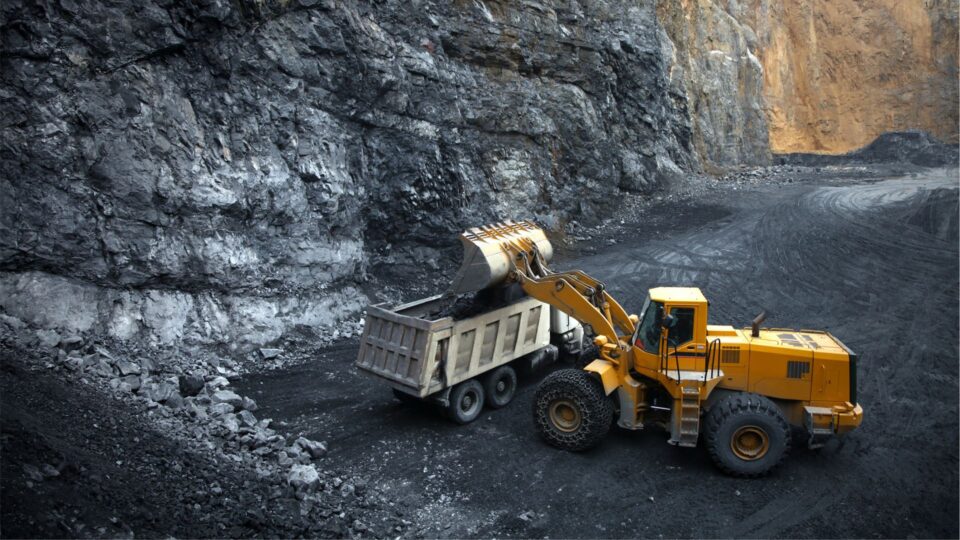The U.S.-China trade war has entered a dangerous new phase of geopolitical arm-twisting.
On April 4, China halted exports of key rare earth minerals and magnets in direct retaliation for the latest U.S. tariffs imposed by President Donald Trump.
The freeze threatens to disrupt global supply chains across industries that depend on these critical materials—including semiconductors, electric vehicles, aerospace, and defense.
The new rules require Chinese exporters to obtain licenses to ship rare earths abroad.
But so far, no functional licensing system is in place, leaving cargo stranded at ports and buyers scrambling for answers.
Industries brace for critical material shortages
China accounts for 90% of global rare earth production, and for certain heavy rare earths like dysprosium and terbium, that number was close to 99% until recently. These elements are crucial for building EV motors, drones, missiles, and a wide range of high-tech components.
According to Reuters, shipments stopped immediately after the new restrictions took effect.
Exporters must now wait weeks or possibly months for licenses from the Ministry of Commerce.
“When asked by my clients when their cargoes will be able to leave China, we give them an estimated time of 60 days but it may actually take longer than that,” one trader told Reuters.
Michael Silver, CEO of American Elements, told The New York Times that his company was advised to expect a 45-day delay. “We increased our inventory last winter in anticipation of a trade war,” he said, though he acknowledged that existing contracts can only be fulfilled for now.
If the export halt extends beyond two months, industry insiders warn that stockpiles could start running dry, triggering major delays in production for everything from electric vehicles to guided weapons systems.
China’s ports jammed as exporters await new license approvals
Across Chinese ports, confusion and delays are mounting. Exporters that hadn’t cleared customs before April 4 have seen their cargo locked down. Some have declared force majeure to avoid penalties on missed deliveries.
Customs enforcement is inconsistent. Some ports allow limited exports if the products aren’t bound for the U.S. or contain only trace amounts of restricted elements. Others demand lab testing before approving any shipment.
The result is growing uncertainty. Dysprosium oxide, one of the key metals affected, now sells for $204 per kilogram in Shanghai, with prices rising faster on international markets.
James Litinsky, executive chairman of MP Materials, underscored the urgency: “Drones and robotics are widely considered the future of warfare… and the critical inputs for our future supply chain are shut down.”
Beijing’s ‘Trump’ card in escalating trade war
Trump has defended the tariffs, saying they are necessary to correct trade imbalances with China. He has also hinted at targeting semiconductors and electronic devices next. His commerce secretary confirmed smartphones and laptops could be included in upcoming rounds.
China, meanwhile, is flexing its dominance in rare earths as a form of economic retaliation. With nearly total control over global supply, Beijing can tighten or sever access whenever it chooses.
“Does the export control or ban potentially have severe effects in the U.S.? Yes,” said Daniel Pickard, who chairs the critical minerals advisory committee for the U.S. government.
Mining has quietly resumed in Longnan, China’s rare earth hub, despite earlier environmental concerns. Processing centers in the region supply global players like Tesla and BYD with precision-engineered magnets and materials.
For now, the shipments remain stuck indefinitely.
